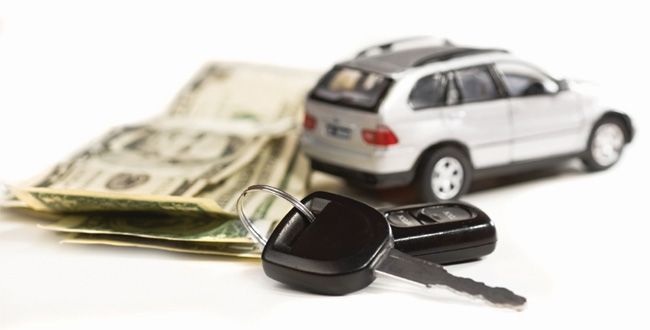I’m sure most of us if given an option would like to purchase a high end car having speed equivalent to that of a plane (sure, why not!) and one with the best of facilities, may be a Tesla or a Porsche or maybe even a Bugatti Veyron would satiate our desires. Well, all those who think this are wrong. Humans are programmed in such a manner that when one desire is satiated, two others pop up and in the end we become so entangled with our desires and our fantasies that reality indeed looks blurry to us.
One such confusion occurs while purchasing a car. With the advent of low cost cars, people have speedily graduated from owing a two wheeler to owing a four wheeler and hence it has become a common commodity. Owning a car has become a benchmark with which the society looks at you or rather with which you place yourself in the fictional divisions of the society, so much so, that you are willing to even take a loan if it doesn’t suit your pocket. So powerful has “maintaining image” become that the purpose of an automobile (transportation) becomes secondary and the brand or the model of car becomes primary while purchasing.
Now, owing a high end car is not bad, but jeopardising your financial health while purchasing one is harmful.
Do you want to know how?
The answer is simple:when you choose EMI option over full payment.
EMI gives an easy alternative to regularly pay the entire sum owed in equal monthly instalments for over a period of time until the debt is paid back to the lender. While availing this option, the consumer is naïve in understanding that he is actually entering into another debt trap.
Car EMI-an easy escapade with uncomfortable journey:

- Many people tend to think that purchasing a car is an investment and hence are even willing to opt for the EMI option without knowing that more money is going to be leeched away from them than the cost they’ve incurred while purchasing. Considering car to be a form of investment is not only a wrongful assumption but even a dangerous one. How is it that a commodity which fast depreciates and which tags along with it so many other costs become a means of investment when in the end during its disposal, it most likely may not yield a good sum or worse may incur the seller a loss as well!
- Another fallacy is that a car EMI can be paid comfortably. Many at times we overleverage and over simplify our expenditures. The numbers written on our budget sheet need not necessarily match up with the actual expenditure undertaken. You purchase a car using the EMI option where you have to pay say, Rs. 15,000 per month. You may think that you can pay it off easily and in that craze of becoming an owner of a car, you fail to account for the emergency which may show up at your door. So what happens when emergency pounds at your door? Well, you delay your car EMI payment, incur the emergency expenditure and begin worrying about how exactly you are going to pay the extra cost which you’ve incurred by delaying your car EMI payment.
- Car EMI is a perfect bane in disguise which is used as an instrument to sell by many car sales persons. Ever experienced a situation whereby you enter the fancy car showroom with a fixed mind set of purchasing a particular car at a fixed cost and come out instead with the keys to an altogether different car which is much more expensive and with a longer list of monthly payments? You may or may not have experienced this but a majority people who’re naïve and unaware undergo this. For example: You wanted to purchase car ‘A’ which requires an EMI of Rs. 15,000 to be paid over a period of 7 years. The sales person now shows you another car, say ‘B’ which is a better model than car ‘A’ but whose EMI is Rs. 18,000 for a period of 9 years. Now looking from a distance, this may seem a good proposition as there’s not much difference in the EMI amount and you believe that you could somehow manage those extra 2 years. However, that’s not true. Such practices are common sales tactics and many are easily fooled into it. They fail to see the long-term debt trap awaiting them>. They fail to realise that this difference in amount and in years may end up adding to a sum which is way higher than what they would’ve paid for if they hadn’t chosen the EMI option.
- Purchasing a car is just the beginning of a series of expenditures. Associated expenditures such as repairs and maintenance cost (which generally tends to increase if your car is insured), fuel expenses and other auxiliary costs which aren’t necessary but still carried like, aux for car, car perfume, high end car speakers etc. Such auxiliaries being material in nature demand money in return. This in turn adds on to the already existing burden of debt and you tend to go deeper into debt trap.
In all, purchasing the car of your dreams is not bad. However, adopting EMI as an option of purchase is harmful, since it’s a long term payment requirement. In the end, you may actually end up spending more than the cost of the car itself. Think deliberately, act smartly. Surely, you want to take a ride, not be taken for one.

